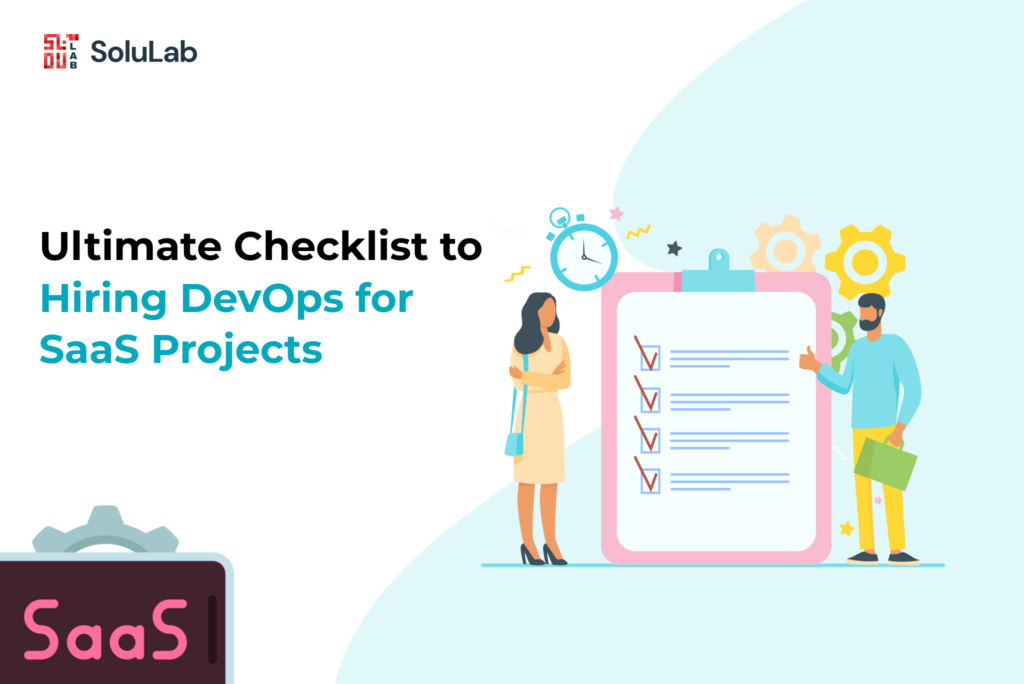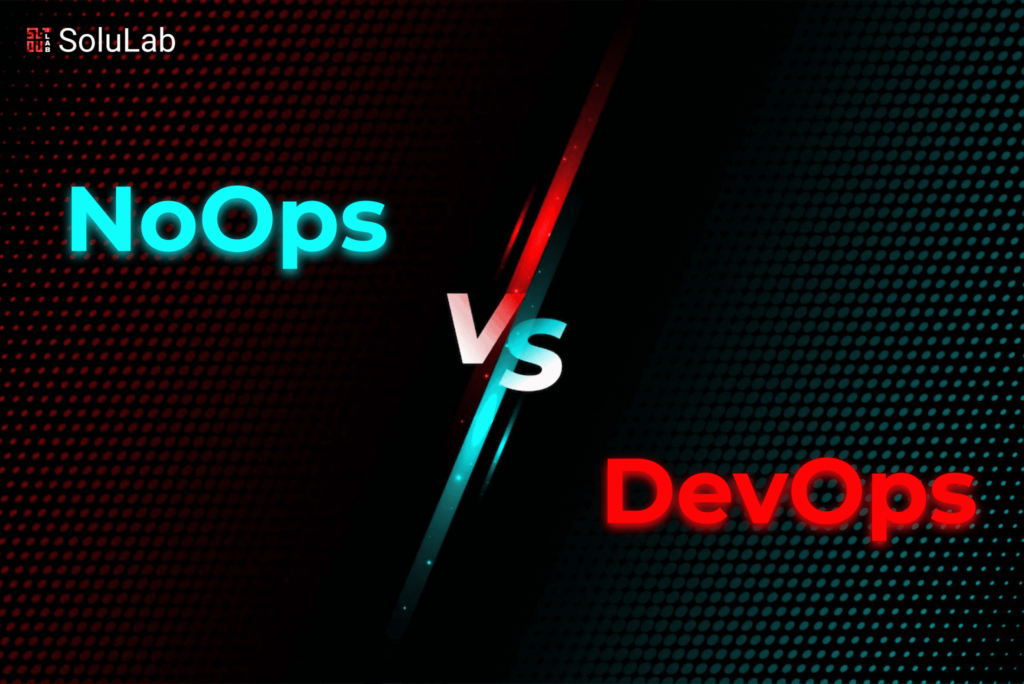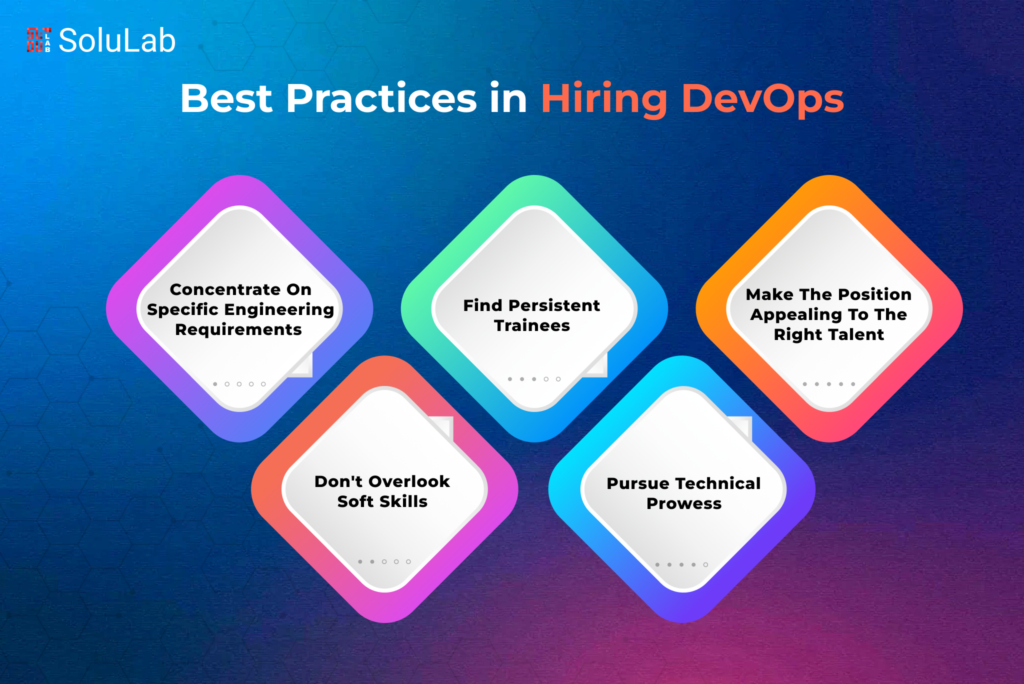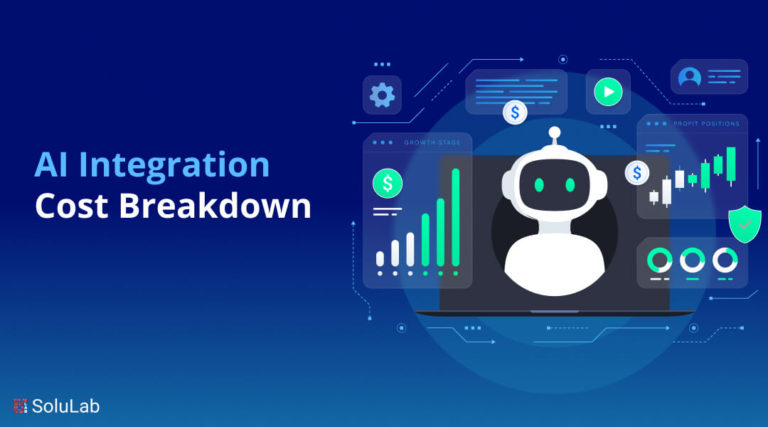
No matter your industry, DevOps saas companies are a prevalent topic for increasing business productivity. More businesses are attempting to implement this innovative approach into their businesses every day.
Continuous integration to continuous delivery is the main objective of DevOps. As a result, the development and operation processes speed up and use fewer resources. Businesses can produce more high-quality software products for external or internal use while saving money. A DevOps engineer ultimately completes a software solution by viewing the big picture and facilitating collaboration among all parties engaged in the project.
Hiring DevOps for Saas Projects is explained in detail in this article so that you can comprehend how it works and what benefits it could offer your business.
What is DevOps?
With more firms creating new DevOps roles, it might be challenging to hire DevOps developers. IT leaders must recruit people who can deliver on DevOps’ promise of swift experimentation and iteration while managing complex cultural transformation, not just warm bodies. This is wonderful news for IT professionals with the perfect combination of skills and experience looking for work. And this circumstance is not temporary.
A new philosophy called DevOps can make software companies more innovative and responsive to customer needs. Collaboration between operations and developers is encouraged, which raises the caliber of software deployments and enables more frequent software updates. A new attitude, set of tools, and location of skills are needed to adopt the DevOps philosophy.
In DevOps, three broad stages are carried out in the following logical order:
Create, Test, and Deploy. The code after its creation is tested, and if everything goes smoothly, we deploy it. Understanding the lifecycle stages is crucial for achieving efficiency, dependability, speed, and agility.
Before 2000, the traditional waterfall model, a linear strategy for software development, was used by most IT industries. Heavy sections of code needed to be developed and integrated, which took a lot of time for developers. Operating teams and QA engineers collaborated separately and spent more time testing the code.
Ultimately, this led to a significant, often years-long delay between software releases, with numerous bug fixes and software patches being released between each release. Since the advent of the Agile software methodology, the IT sector has shifted to iterative software development and frequent releases to production.
Among the key methods used in this strategy for the short supply of software are continuous integration and continuous delivery. As a result, DevOps encouraged effective communication between the development and operations teams at every stage of the cycle.
Therefore, the Agile methodology is where DevOps got its start.
Is DevOps A Good Idea?

Today, DevOps is more of the standard than the exception in firms prioritizing the cloud. Agility is what cloud apps need, and DevOps gives it to them. Also making significant investments in their ecosystem for automation are cloud service providers. You can quickly provision your application components using automation templates or other methods.
Read Also: Enterprise SaaS: Driving Force Of Digital Transformation
With little to no human involvement, you can easily provision your application components using automation templates or just a few API requests. This brings us to the concept of NoOps, which describes how an IT environment can become so automated and decoupled from the underlying infrastructure that it is unnecessary to have an internal workforce to manage software. No Ops seeks to increase productivity and produce outcomes faster than DevOps.
Get first 15 days of services completely FREE
The Benefits Of NoOps:
- Use the full potential of the cloud with NoOps- The ideal solution is provided by microservices and API-based application architectures, which provide precise modularity and automation. NoOps is favored by the present expansion of cloud database, container, and function-as-a-service choices.
- More automation and fewer employees- The focus should be on services that are designed to be deployed automatically and without human intervention. They basically want to get rid of the people who are needed to support your code’s ecosystem.
- The shift from business operations to results– In an ideal world, NoOps would eliminate all reliance on the operations team, further shortening the time to market.
The Difficulties Of NoOps:
- Assuming that developers will take care of this would negate the advantages of NoOps and divert their attention from delivering business outcomes, there is still a need for operations. Given that developers do not always possess the necessary skill sets to address operational issues, it is also not a practical strategy.
- The significance of safety: You will still need to take care of security even with automated deployments that are in line with security best practices. Together with the security team, the operations team enforces controls that protect applications from threats and vulnerabilities. In order to guarantee the safety and compliance of your environments, you may need to invest more in a security team if you reduce or eliminate the operations team.
- Taking into account that not all environments are able to move to NoOps. Legacy infrastructures and hybrid deployments would cause a bottleneck. It is still possible to automate, but human intervention cannot be completely eliminated in these situations.
In conclusion, DevOps places a strong emphasis on ongoing improvement, and NoOps is the next stage in the development of DevOps. The opportunity to master the new methods and practices required for NoOps also alters the roles of DevOps engineers. For development teams to function independently rather than collectively, service providers provide them with the cloud infrastructure, patching, backups, and resources they require. NoOps emphasizes a shift in culture and procedure, which won’t happen immediately.
Best Practices in Hiring DevOps

Companies can use DevOps management services to implement DevOps without draining their resources. Additionally, the DevOps outsourcing firm will provide everything you require: its tried and true methods, the best employees, selected methodologies, and cutting-edge SaaS DevOps tools. All of this will make it easier and safer for you to make decisions.
So,
1. Determine whether you want to close performance gaps or achieve business goals;
2. Find out about the significant advantages of outsourcing DevOps for your startup or business;
3. To collaborate with DevOps, find a trustworthy partner.
4. If you want to hire the best DevOps candidates, here are some more ideas:
Concentrate On Specific Engineering Requirements
Determine the strengths of your saas software developers /DevOps teams and the gaps that need to be filled. Look for people with the skills that DevOps team members don’t have. Depending on the department, DevOps may mean different things. Design, implementation, automation, security, testing, systems administration, release, and management of various organization technology and human resources aspects can all fall under the DevOps umbrella.
You can hire junior engineers with the necessary skills and hire external consultants for short periods when your needs or budget are limited. Retaining consultants typically comes at a cost, but they can be a cost-effective way to fill specific gaps in your DevOps strategy.
Don’t Overlook Soft Skills
DevOps thrives on cross-functional engineering collaboration and communication. DevOps is also a cultural shift that encourages engineers to build quickly, collaborate with customers to learn and improve, and create with the business in mind. In addition to their engineering and academic abilities, a successful hire will demonstrate the ability to support your organization’s DevOps culture.
Read Also: DevOps Solution for AI-Based Financial Recommendation System
It’s not about looking for relevant keywords on resumes; rather, it’s about knowing how candidates might act in the real workplace. A good place to start is with behavioral and psychometric recruitment tests, but you might also want to look at shortlisted candidates’ case projects where they work with other team members.
Find Persistent Trainees
DevOps frequently necessitates using novel technologies, many of which have a steep learning curve. Engineers who succeed in DevOps are comfortable learning new techniques and approaches to new challenges. They are particularly interested in discovering and implementing novel techniques on and off the job. Look for personal projects and contributions to open-source technologies in junior-level hires.
Find out how experienced candidates have chosen their IT environments, infrastructure and architecture design, solutions and services, methods and frameworks, and so on in recent years for the position. How effectively did they adapt to the shifting technological landscape? The perfect candidate should be able to jump right in and make the most of the most up-to-date technical resources in this rapidly expanding sector.
Pursue Technical Prowess
Adopting DevOps requires engineers to look for technical prowess. Designing and implementing technology is an essential part of their job. A good engineer will have a broad understanding of software engineering functions previously only available to experts in a particular domain. Professionals in DevOps should be interested in the intersection of a number of software engineering domains, such as:
- Dev
- QA
- Ops
- Networking
- Security
- Release and CI/CD
Even if their day-to-day work only focuses on a small number of disciplines, such as development, testing, or operations, a DevOps practitioner will likely be involved in decisions related to all of these engineering disciplines. Deep technical prowess across a variety of technologies should be highly valued in order to make sound decisions and resolve issues.
DevOps engineers, for instance, will likely be required to automate infrastructure management, configurations, and a number of build and testing pipeline components. On the other hand, a DevOps expert will know precisely which strategy is most effective and whether or not a process is automated. When waste processes are automated, the SDLC pipeline issues only worsen. The ideal candidate will possess sufficient technology for the SDLC process as a whole and know when not to automate for the sake of automating. Recruiters are responsible for finding engineers with the right mindset and a thorough understanding of the DevOps cycle’s technical components.
Make The Position Appealing To The Right Talent
Recognizing your organization’s requirements is the first step in hiring DevOps experts. The second step is finding the right people to fill the gap and help the DevOps vision become a reality. However, top DevOps experts probably already hold senior-level positions and enjoy excellent pay and benefits, a good work-life balance, and opportunities for career advancement within their current organizations. They must have good reasons to switch to your business; a straightforward LinkedIn or networking event contact may not be enough to entice you.
DevOps’ talent market segment is, therefore, candidate-driven. Financial compensation will need to be significantly higher than the industry average to attract software engineering candidates. Additionally, a smooth hiring process is essential: The right candidate will quickly be dissuaded by long downtime, repeated interviews, and negotiations over a relatively low salary. Ensure your job package is the most appealing of all the offers you receive for your ideal DevOps candidate.
Concluding Remarks
One advantage of a unified platform is the ability to control and manage the entire SaaS development lifecycle from a single location. Every stage of the process involves security. Ultimately, it all comes down to your company and your final DevOps vision. When recruiting, keep the DevOps golden rule in mind at all times. In addition to checklists and tools, it is people management.
At SoluLab, we provide complete SaaS product development services, emphasizing the aspects of a profitable SaaS solution: APIs, cloud hosting, efficient storage, and mobile and web applications. We can deliver software as a service product as quickly as possible, thanks to DevOps. We take a hands-on approach to each project, flexibly resolving infrastructure, support, and service issues and coordinating all client requirements. Our team would be happy to walk you through the process if you’re considering using DevOps to build your SaaS from the ground up. Contact us to learn more about our software product development services!
FAQs
What are the four main DevOps components?
The following fundamental components should make up an effective DevOps pipeline:
- CI/CD structure.
- Management of source control.
- Build tools for automation.
- Framework for testing code.
How can SaaS businesses benefit from DevOps?
While reducing delivery times and streamlining internal processes, DevOps services assist businesses in enhancing product quality, customer satisfaction, and internal processes.
Among its benefits are:
- increased collaboration-based productivity
- stable and adaptable environment
- automatic testing and maintenance
- improved problem-solving skills
What are the DevOps pillars?
An overview of the four pillars of DevOps is:
- Shared responsibility
- Practical application
- Connecting development and compliance
- Automation
How much does it cost to hire/employ a developer?
Calculating a software developer’s cost is a labor-intensive process. Hiring developers often costs between $70 and $120 per hour in countries like the USA and Canada. The costs incurred are significantly influenced by the project timeframe. Because developers are paid by the hour (estimates range from $30 to $150 per hour based on abilities, experience, and responsibilities), the amount of time it takes to complete a project affects its final cost.





